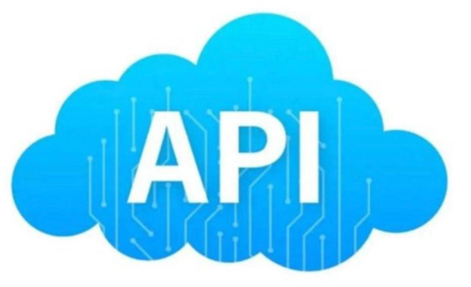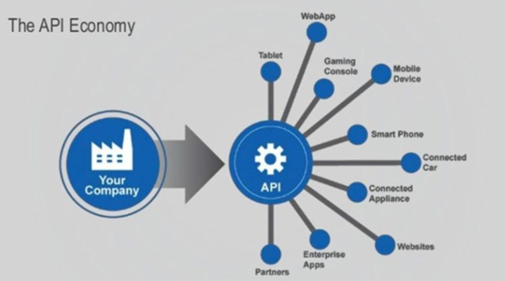When we refer to connecting api, it can be simply understood as
a way of communication and data exchange between different software
applications. API stands for Application Programming Interface, which acts as a
bridge between two applications, enabling them to connect and share
information. Imagine you open an application on your mobile phone, such as a
social media application. The app needs access to information such as your
profile, friends list, or photos you've posted. Then it sends a request to the
social media platform by connecting to the platform's API to get your data and
display it in the app. This next article will give you a detailed look at a few
important roles of connecting API.
Important Roles
Of Connectivity API
Data Sharing And Exchange
Connection API enables the sharing
and exchanging of data between applications. For example, in social media
platforms, connectivity APIs allow third-party apps to gain authorization from
users to access their profiles, friend lists or post content. This data sharing
and exchange extends the functionality of the application and provides users
with a more personalized and customized experience.

Suppose there is an online travel
platform and they want to provide real-time flight information to their users.
To achieve this, they can connect to the airline's API to get the latest flight
data. By connecting to the API, the travel platform can send a request to the
airline and get information such as the departure time, arrival time, and
flight status of the flight. When a user searches for a flight ticket to a
certain destination on the travel platform, the travel platform can call the
airline's API to pass on the user's query origin, destination, date, etc. and
receive the returned flight data. In this way, the travel platform is able to
display available flight options, prices, and seat availability to the user in
real-time.
Functionality Extension And Customization
Connectivity APIs enable
applications to take advantage of the features and services of other
applications. As an example, in a map navigation application, the Connect API
can integrate third-party weather data sources to provide real-time weather
information. Such feature extensions and customization enhance the value and
appeal of the application.

Suppose there is an online
payment platform and they want to allow merchants to process refund requests
directly on their website. To implement this feature, they can connect to the
bank's API in order to perform real-time refund transactions with the banking
system. When a merchant receives a refund request from a customer on the online
payment platform, the payment platform can call the bank's API and pass on the
necessary refund information, such as the order number and refund amount.
Through the Connection API, the payment platform can send the refund request to
the bank and receive the processing result back from the bank. This example
demonstrates the role of connectivity APIs in functionality extension and customization,
helping applications leverage the functionality and capabilities of third-party
services to achieve more flexible and customized business requirements.

Platform Openness And Ecosystem Building
Connection APIs promote platform
openness and ecosystem building. By providing APIs, the platform expands the
creativity and innovation of developers and attracts more third-party
developers to build extensions that integrate with their applications. Such
ecosystem building provides users with more choices and enriches the
functionality of applications.
Conclusion
In conclusion, connectivity APIs
play an important role in modern application development and system
integration. It enables interactions, data sharing and function calls between
applications, and promotes the development of system integration, data sharing,
function extension and platform ecosystems. By connecting APIs, applications
can better meet user needs and provide richer, more flexible and customized
experiences.
